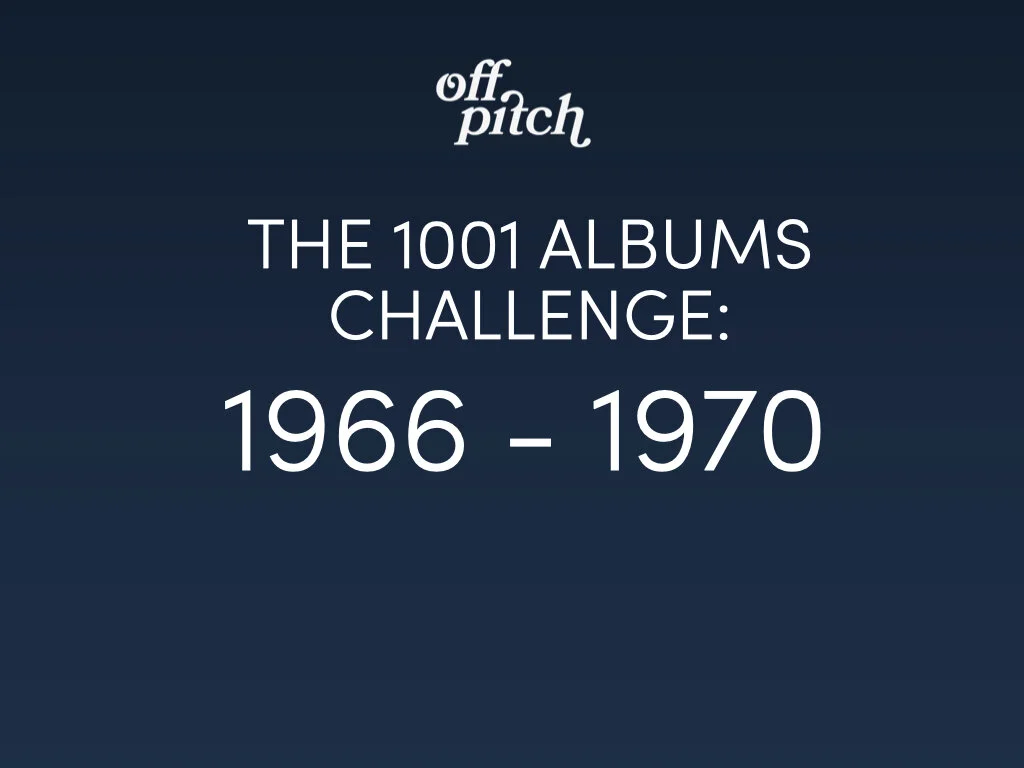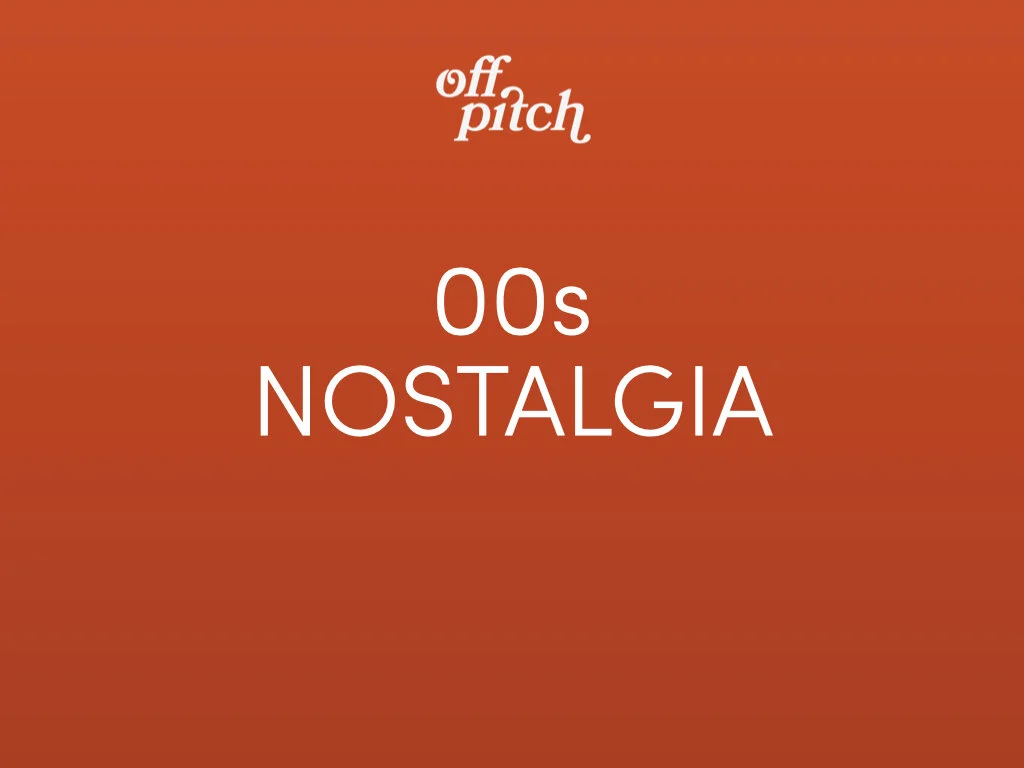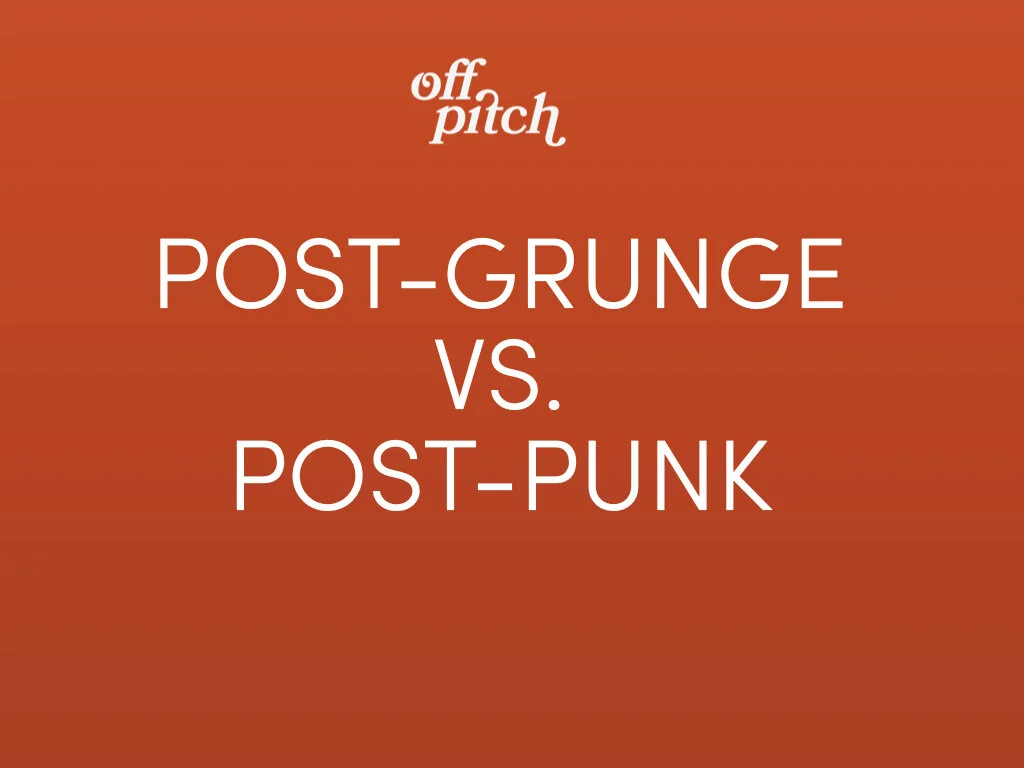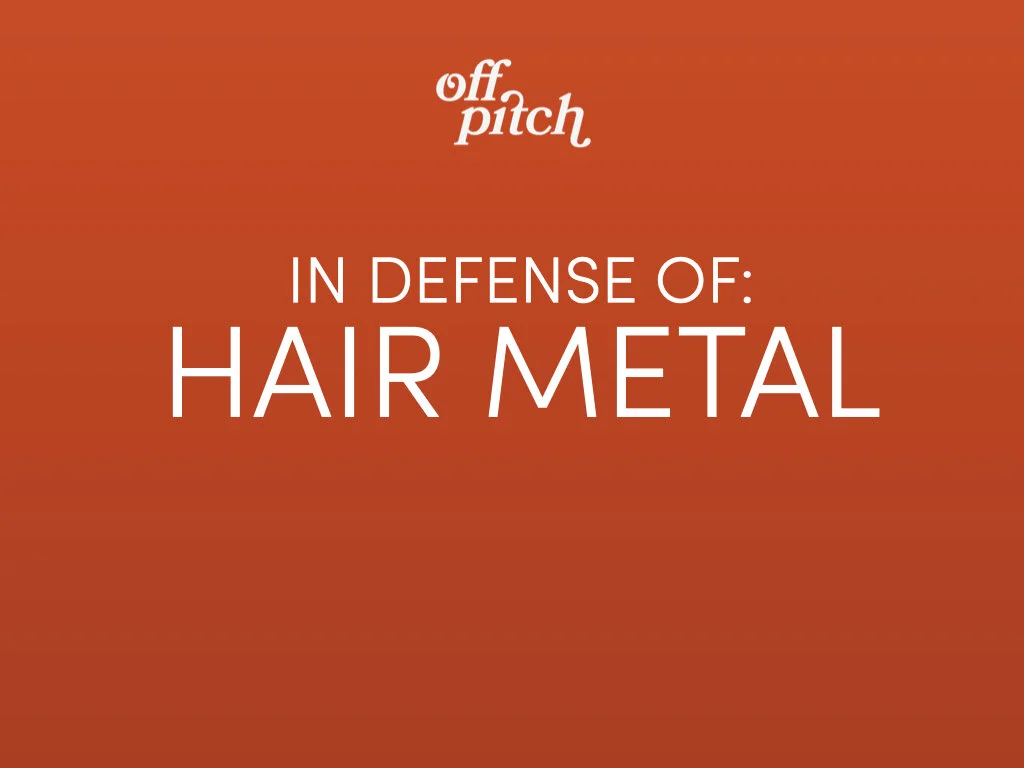In my last article, I gave an impassioned defense of the Foo Fighters, the post-grunge rockers fronted by Nirvana drummer Dave Grohl. And while I had plenty positive to say about the band, the bulk of the article was devoted to separating the Foos from their post-grunge peers. It’s pretty easy to read between the lines to get my thoughts on the genre as a whole, but if you missed the message, I’ll put it front and center: I’m not a fan. Aside from the Foo Fighters, there are some songs and artists I do enjoy, but in general I find the genre painfully derivative.
After finishing my write-up, my thoughts turned to another well-known “post” genre, only this time it’s one I love: post-punk. Contextually, post-punk and post-grunge have a lot in common. Both came on the heels of back-to-basics movements that shunned the glitz and glamor of mainstream rock and instead focused on energy and emotion. But artistically, post-punk and post-grunge couldn’t be more different. While post-punk was an expansion of punk’s aesthetic and structural limits, post-grunge just watered grunge down.
So why the difference? Maybe it has to do with our nomenclature. The “post” prefix has always been tricky for fans of music (and other art forms), because it doesn’t really mean anything. Or at least anything consistent. Post-grunge, to its credit, makes sense at face value. Post-grunge took the artistic elements of grunge, added a little more marketability, and… stopped there. The movement felt like an unfortunately logical next step for a genre as popular as grunge.
Post-punk, on the other hand, feels like a bit of a misnomer. Although post-punk didn’t abandon the artistic integrity and DIY ethic of punk, it featured a much wider and more experimental sonic palette. This meant that post-punk was more of a catch-all term for the more clearly defined genres that grew out of punk, such as New Wave (think Talking Heads) or gothic rock (think Joy Division). Like post-grunge, the term “post-punk” is contextually descriptive, but it encompasses a much larger and more diverse group of artists and aesthetics.
Despite its imprecision, I don’t think we should throw out the term “post-punk.” Nor should we ditch “post-grunge” altogether. Instead, we should aim to be more consistent with our nomenclature. Post-punk is still a great way to refer to the slew of bands, genres, and scenes that grew out of punk rock, but if we’re talking about a specific group, let’s be specific. And instead of calling bands like Bush and Creed “post-grunge,” maybe we go with something like “second-wave grunge” or, depending on your feelings, “kinda shitty grunge.”
Now the term “post-grunge” is freed up. For the sake of consistency, we should apply it the same way we apply “post-punk”: a catch-all for the sounds that emerged after its predecessor’s popularity waned. Bands like the White Stripes and the Arctic Monkeys are ideal candidates, but we could also throw in groups like the Strokes and Interpol, which are ironically referred to today as “post-punk revival.”
Ok, I’m being a bit facetious there. Though I stand by my bulletproof logic, I don’t think the resulting confusion would make the slight improvement in consistency worth it. I do, however, hope to see a little more consistency in how we talk about genres going forward. Mainly so I can spend less time trying to figure out what all these prefixes mean.
Lyle B.











